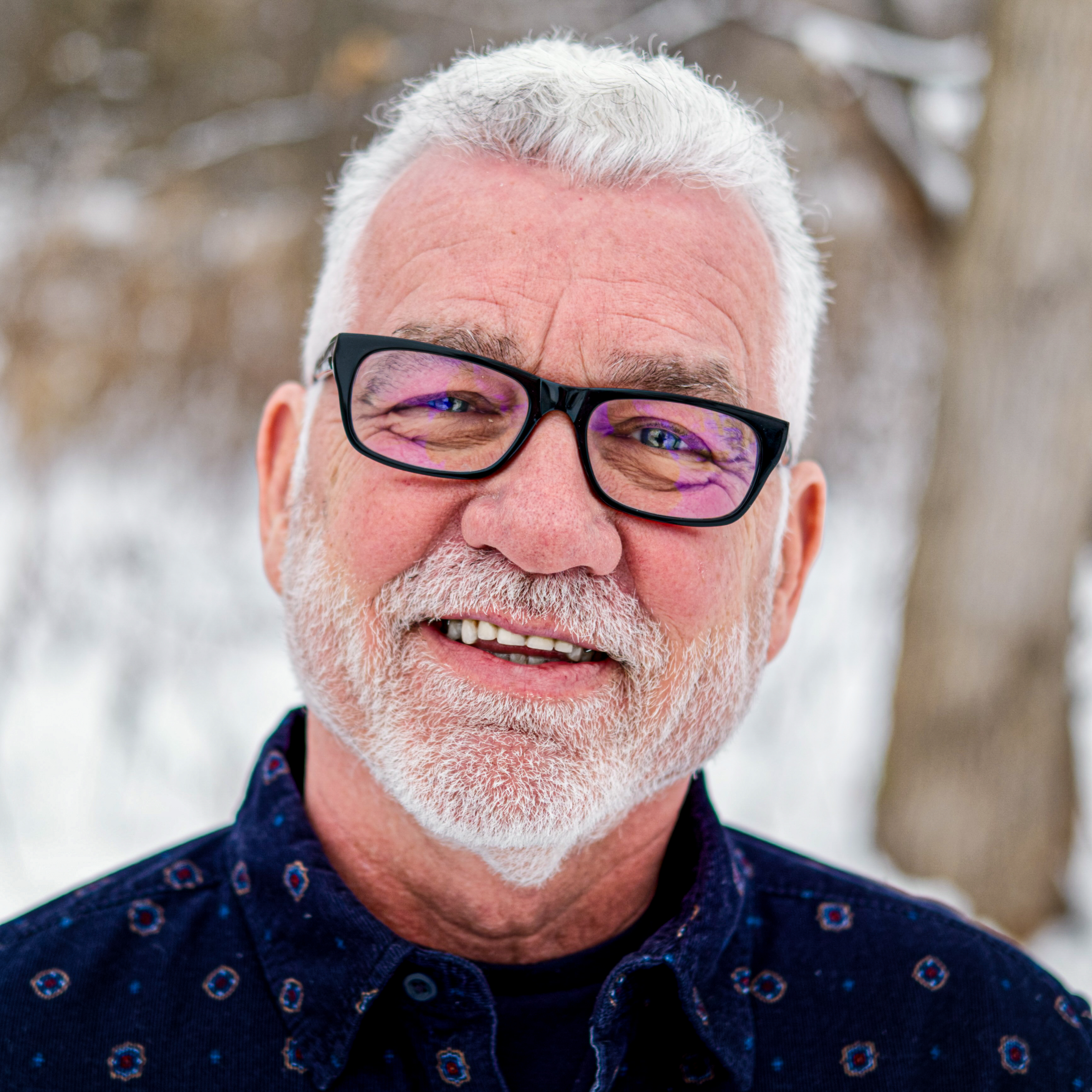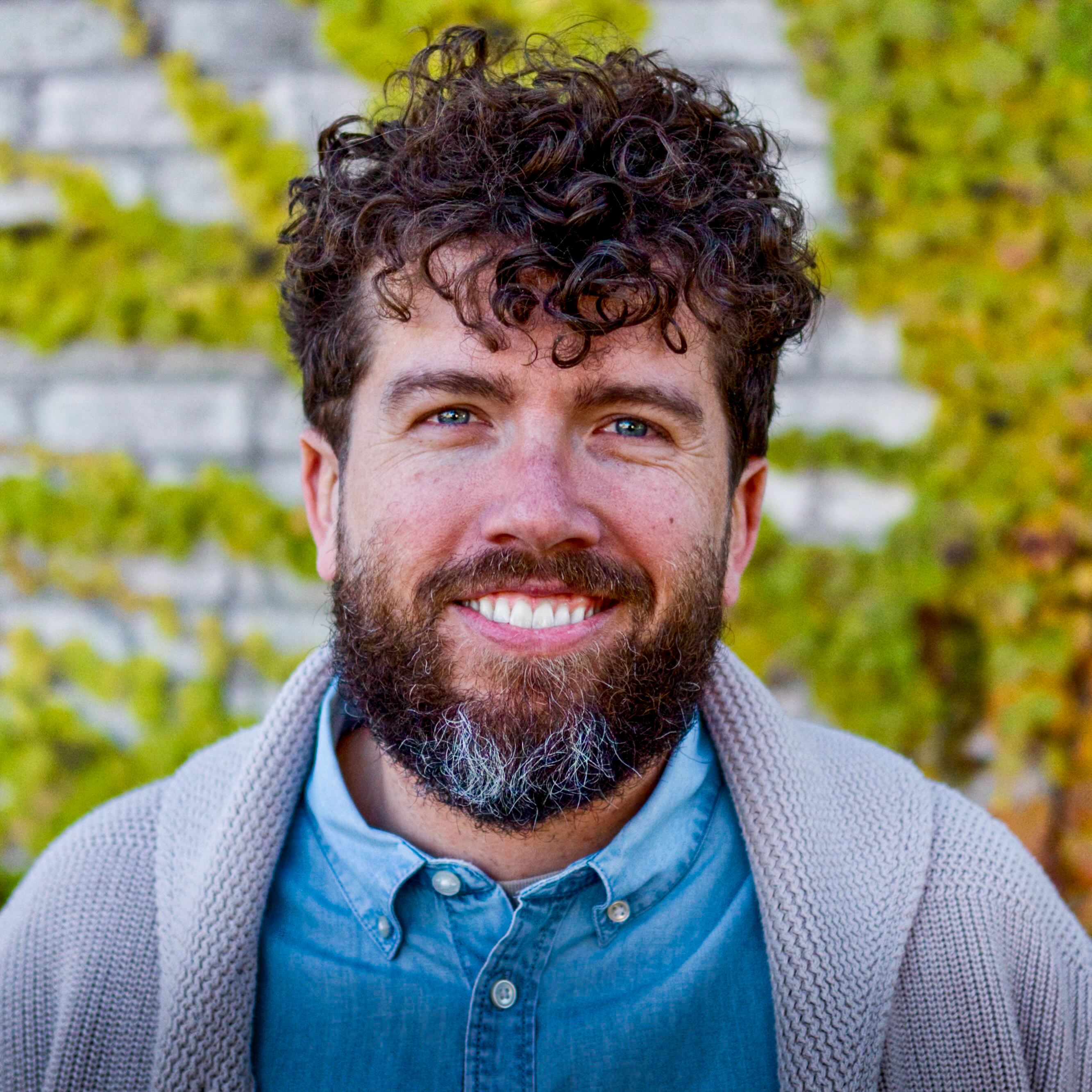Sleep Disorders
What is it?
Anyone who consistently finds it difficult to fall asleep, stay asleep, or get enough sleep may be experiencing a sleep disorder. While there are many different kinds of sleep disorders, they all have the power to impact your quality of life.
3 Reasons Why it Matters
- You do not wake up feeling rested, charged, or ready for your day.
- Long-term sleep disturbance can cause increased risks of hypertension, diabetes, obesity, depression, heart attack, and stroke.
- Even just one hour less of missed sleep can reduce executive functioning by 20%.
Therapists
These are our therapists who are experienced in working with Sleep Disorders.
Resources
-
Can You Treat a Sleep Disorder and Substance Use Disorder Concurrently?
Read more -
Relationship Between Sleep Disorders and Substance Use
Read more -
The Best Natural Treatments for Insomnia
Read more - 6 Risk Factors for Developing a Sleep Disorder
- 7 Common Sleep Disorders
- Steps for a Good Night's Sleep
- Medication vs. Natural Treatments for Insomnia
- How Much Sleep I Actually Need?
- Understand Why Restorative Sleep Matters
- Treatments for Sleep Disorders

